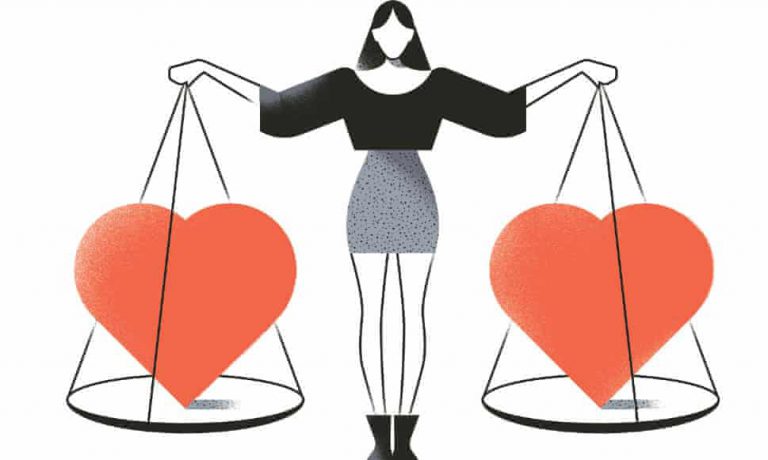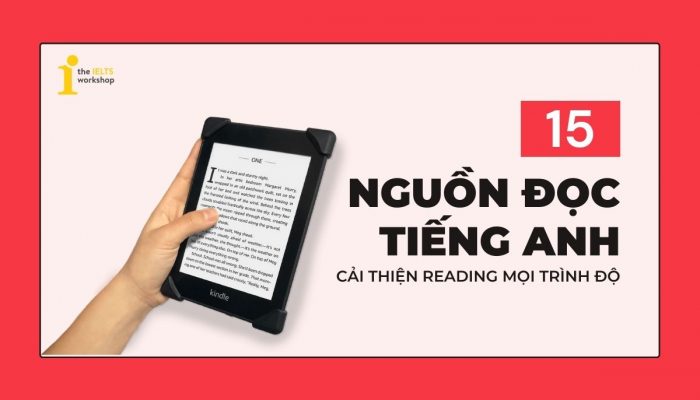Let’s face it, we all judge each other’s relationships
Daily Reading by Thai Tran – 09.05.2019
Original Article: Let’s face it, we all judge each other’s relationships
——
At the core is something universal, and very human: the desire to get a handle on (giải quyết) how we’re doing
The latest trend in romance, according to the New York Times, is the “unimoon”: couples getting married, then going on separate honeymoons by themselves. Like some other lifestyle trends (has anyone ever actually been to a gender reveal party?), it’s unclear if this is actually, you know, a trend. But some people definitely do it. As one newlywed (mới cưới) explained: “Neither of us wanted to be where the other one was.” Anyone being honest about their long-term relationship will acknowledge that such thoughts recur (lặp đi lặp lại) from time to time, but right after getting married? It’s hard not to wonder whether the desire to go on a unimoon might be a sign that you should leave your partner behind for an even longer period, such as for ever.
But to express such views, these days, is to risk being found guilty of the modern sin of Judging Other People’s Relationships – something we’re reminded, in article after article, that we definitely shouldn’t do. (In social media lingo (ngôn ngữ), it’s a form of “policing (kiểm soát)”, which is always bad, unless you’re the one accusing others of doing it; policing-policing is apparently fine.) The notion (ý kiến) that the private lives of others are none of our business, though it would have baffled (gây hoang mang) people at most points in history, is unquestionable in ordinary contexts today. The thought that I might harbour an opinion (giữ quan điểm) about your decision to have or not have kids, the age difference in your relationship, or your open marriage, seems faintly scandalous (không thể chấp nhận được). Which is weird, because the truth is that everyone’s judging everyone else’s relationships all the time.
“What we urgently seek to know,” as a blog post from the School of Life puts it, is: “Are other people in as much trouble as we are?” Nobody with the slightest insecurity, or even curiosity, can possibly regard others’ private lives as none of their business, since they’re far too valuable a trove of data about how people cope with the challenges of being alive. And this speculation naturally takes the form of judging, because, as the essayist Tim Kreider has written, we anxiously size up (đánh giá) “how everyone else’s decisions have worked out, to reassure ourselves that our own are vindicated (chấp nhận được) – that we are, in some sense, winning.” Of course, you should almost always keep such judgments to yourself. Plus it’s all based on a ridiculous double standard anyway, since we see only our own relationships – the best bits and the worst – from the inside, which skews our perceptions. But at the core of the urge to judge is something universal, and very human: the desire to get a handle on how we’re doing, in a world where confusion far outweighs clarity.
There’s rather more wisdom in a different popular adage (câu nói), that what other people think about you (and your relationships) is none of your business. That’s not completely true either, but it gets at something important: to the extent that you’re able, you’re better off unhooking your happiness from external judgments, rather than spending your days struggling to reassure yourself that others are judging you completely positively. Because unless they happen to have made exactly the same life-choices as you, they almost certainly aren’t doing so.
VOCABULARY HIGHLIGHTS
newlywed : recently married
=> the newly-wed couple
recur: to happen again or a number of times
=> This theme recurs several times throughout the book.
lingo: expressions used by a particular group of people
=> baseball lingo
policing: the activity of controlling an industry, an activity, etc. to make sure that people obey the rules
=> the policing of legislation
notion: an idea, a belief or an understanding of something
=> a political system based on the notions of equality and liberty
baffle: to confuse somebody completely; to be too difficult or strange for somebody to understand or explain
=> His behaviour baffles me.
harbour: to keep feelings or thoughts, especially negative ones, in your mind for a long time
=> The arsonist may harbour a grudge against the company.
size up: (informal)
=> to form a judgement or an opinion about somebody/something
vindicated: to prove that something is true or that you were right to do something, especially when other people had a different opinion
=> I have every confidence that this decision will be fully vindicated.
Adage: a well-known phrase expressing a general truth about people or the world
=> According to the old adage, a picture is worth a thousand words.








